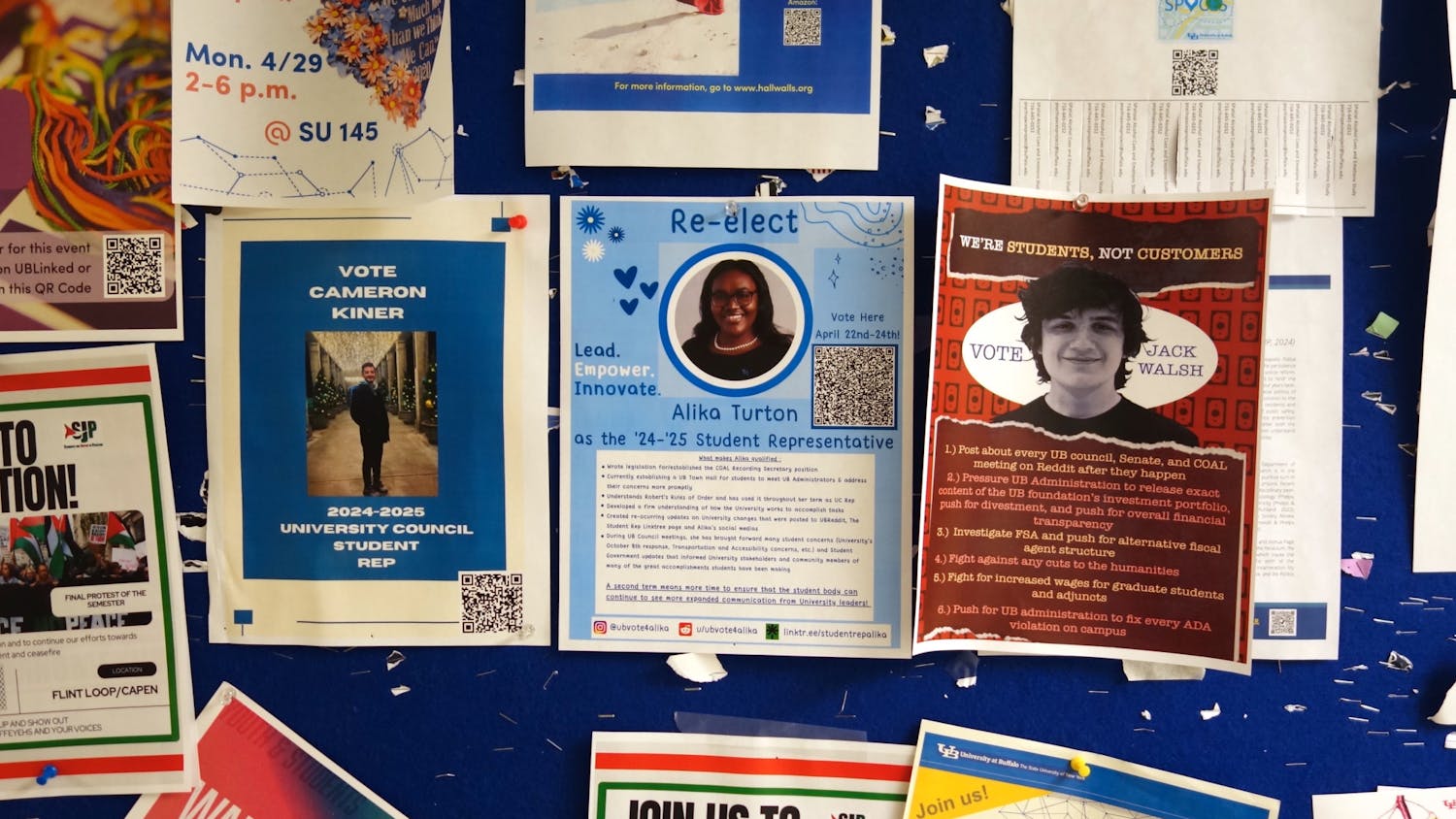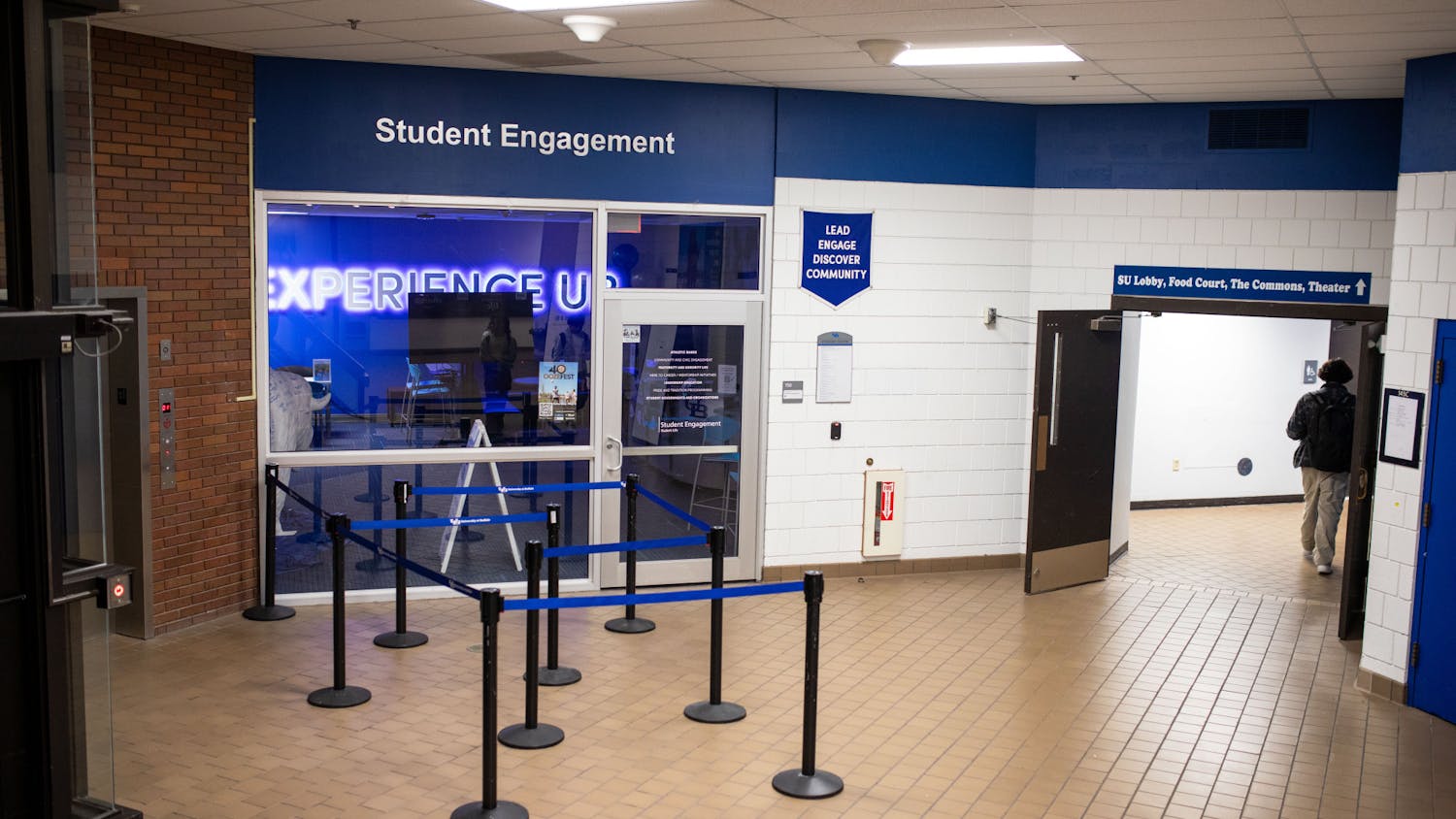The end of the semester is more stressful than ever, thanks to the complaints of concerned professors. Vice Provost of Academic Affairs Kerry Grant proposed adding four more instruction days to the end of the spring 2002 semester and eliminating two reading days, following professors' complaints at a Faculty Senate meeting that the calendar does not provide enough days to teach.
Normally, it is the responsibility of faculty members to rearrange their schedules so their lectures or labs conform to the academic calendar. But professors discovered that next semester is only fourteen weeks long, even though the New York State Department of Education requires fifteen weeks for students to qualify as full-time. After professors first addressed this discrepancy at a Faculty Senate meeting, President William R. Greiner appointed Grant to revise the calendar in keeping with state guidelines and faculty demands.
What this means is that the students, whose benefit academic policies should be most concerned about, are given less time to study for exams.
Look at it this way. Originally, the last day of school this upcoming spring was Monday, April 30. Tuesday and Wednesday were the university's "reading days," class and exam-free days that give students 48 extra hours to study a semester's worth of material. Under the old schedule, exams would have begun on a Thursday.
Now, by replacing these days with instruction, students lose the reading days and thus guaranteed study time. Under the new calendar, the lost exams are transferred to the weekend, which means a student could conceivably burn through five days of lectures and in-class tests before waking up at 8 a.m. Saturday to take his or her first final exam.
There is no dispute that professors are often pressed for time to present all course material to their students. But next semester is definitely not the time to make adjustments - these can be made to the fall 2002 calendar. Grant noted that UB would violate the state's Tuition Assistance Program policy, which requires that students be taught for fifteen weeks to receive financial assistance, if the spring calendar is unchanged.
While it is important to abide by state laws, unless TAP plans to deny financial aid to all of its recipients at UB, the spring calendar should remain. The tight structure of the old calendar underscores the difficulty of change. UB could not start next semester early because of the added costs of extending student meal plans, the problem of opening the residence halls early and the fact that students already have set work schedules over winter break. Extending the school year by a week would upset plans for commencement.
The school shouldn't have to make a compromise between two lousy situations that hurt its students' academic potential. The claims that departments make about the necessity of changing the calendar are skeptical. Adding four days essentially amounts to two more classes per course. While this may indeed provide more time for teaching, it is not enough to make so significant a contribution to a student's education that rearranging the calendar and intensifying the pressure of final exams becomes worthwhile.
The schedule modification inconveniences both students and professors in other ways, as well. Saturday and Sunday exams interfere with non-academic activities, such as weekend religious ceremonies. Following the 15-week policy in the future means that students lose one more week from their winter vacation, which could seriously disadvantage students seeking employment or taking extra classes over break.
What this boils down to is the fact that the persons who make these decisions are not the ones who will have to go to class Friday before taking an exam Saturday. Although this early warning is supposed to better prepare students for final exams next semester, it is unrealistic and detrimental to UB's academics.
Everyone knows that at the end of the semester, students are buried beneath piles of textbooks and term papers, and every extra hour they have to study or sleep counts. Constraining this time by adding more class days will improve classes dramatically. But doing so does provide a much greater chance of poor performance on final exams, which in many grade books matters most.




